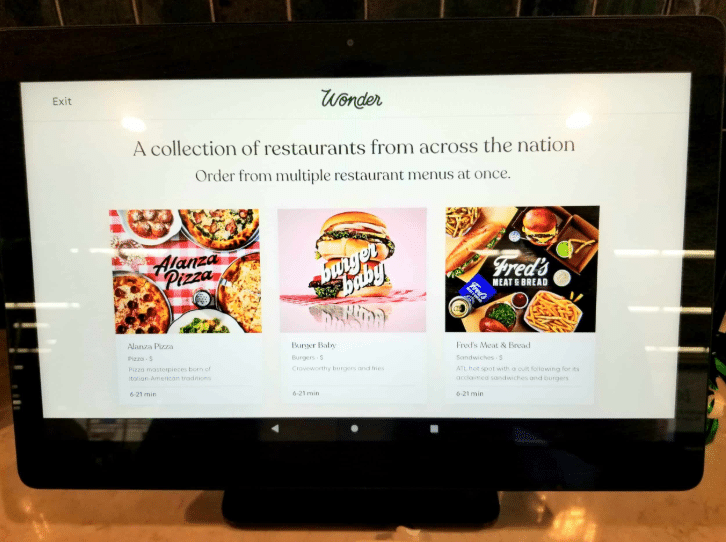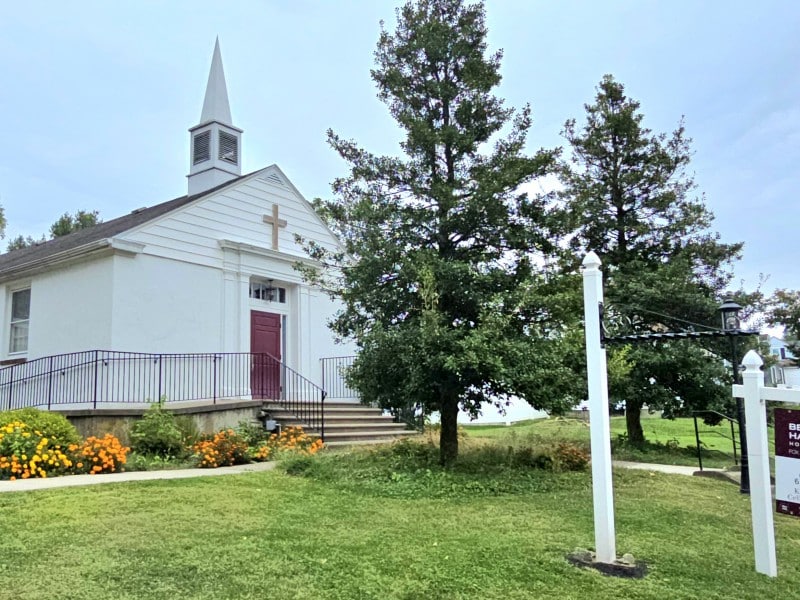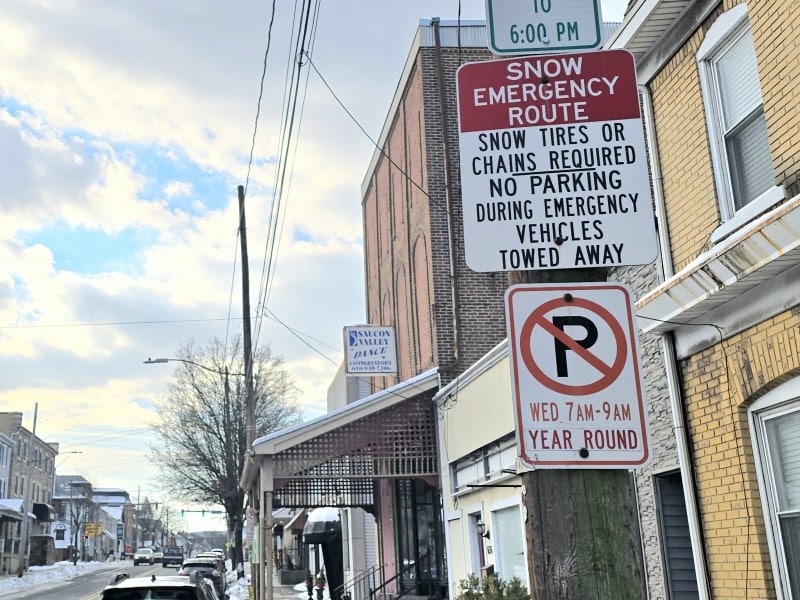State Confirms More Than 1,200 New Cases of COVID-19
The Pennsylvania Department of Health Thursday provided a COVID-19 update indicating there has been another large increase in the number of confirmed cases of the virus.

The Pennsylvania Department of Health Thursday provided a daily COVID-19 update indicating there has been another large increase in the number of confirmed cases of the virus.
According to the latest statistics shared by the department, the number of confirmed cases statewide increased by more than 1,200 overnight, to a total of 7,016 as of April 2.
The 1,211 new cases represented a 20.9 percent increase in the total number of cases.
In Lehigh County, the total number of cases rose by more than a hundred to 479, which represented a 28.1 percent increase in the total number of cases there.
In Northampton County, the total number of cases rose from 312 to 378, which represented a 21.2 percent increase.
Northampton County reported an additional four deaths from COVID-19, bringing the total number of deaths in the county to nine. Lehigh County’s death total from the novel coronavirus remained unchanged at five.
Bucks County’s coronavirus death toll is six, and the county had 370 confirmed cases as of Thursday.
Philadelphia continues to have both the greatest number of confirmed cases (1,852) and the highest death total (13).
A total of 730 Pennsylvanians have been hospitalized with coronavirus since March 6, and an additional 110 people have been hospitalized with the illness since Wednesday, the Department of Health reported. The increase in the number of hospitalizations from Wednesday to Thursday was 17.7 percent.
According to the data from the Department of Health, as of Thursday fifty percent of patients who have been hospitalized are over the age of 65, twenty-eight percent are between the ages of 50 and 64, twenty percent are between the ages of 25 and 49, two percent are between the ages of 19 and 24 and fewer than one percent are 18 or younger.
The statewide death total from the coronavirus increased to 90 on Thursday, which represented a 21.6 percent increase in the total number of deaths.
As of Thursday, just five of Pennsylvania’s 67 counties had not yet reported a confirmed case of the coronavirus–Sullivan, Clinton, Elk, Jefferson and Fulton–according to Department of Health statistics. All five are among the state’s least populated counties.

Since Wednesday the entire state has been under a stay-at-home order which Gov. Tom Wolf began to implement at the county level more than a week ago, and which Northampton and Lehigh counties have been under since March 25. The order requires residents to remain at home unless they work at a business that is classified as essential or are performing errands that are considered life-sustaining, such as purchasing food. Click here for a list of acceptable reasons for leaving home under the stay-at-home order.
Wolf also reopened the state’s liquor sales to a limited degree on Wednesday by allowing the purchase of wine and spirits online, with limits and controls in place, and extended the expiration date of some license to carry a firearm permits.
In spite of ongoing restrictions combined with mitigation efforts, community spread of the coronavirus has been confirmed in parts of the state–including the Lehigh Valley–and there has been increased concern about cases being reported in essential workers on the front lines of the pandemic, such as supermarket and convenience store employees.
As of Thursday the U.S. had the most confirmed cases of COVID-19 in the world, with nearly 240,000 cases being reported by Johns Hopkins University’s global cases map as of 6 p.m. According to JHU, the number of U.S. deaths had risen to more than 5,700 as of Thursday evening and the number of COVID-19 cases globally just topped one million.
While the novel coronavirus can infect anyone, health officials say people 65 and over as well as individuals with underlying health conditions and/or compromised immune systems are at greatest risk of developing complications requiring hospitalization.
The best defense against COVID-19, public health officials continue to say, is frequent handwashing with soap and warm water for at least 20 seconds. In lieu of soap and water, an alcohol-based hand sanitizer is also effective at killing the coronavirus.
Click here to follow the Pennsylvania Department of Health for updates on Twitter.




